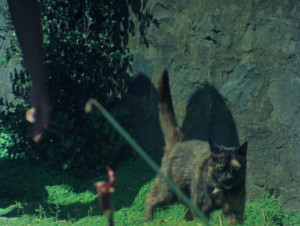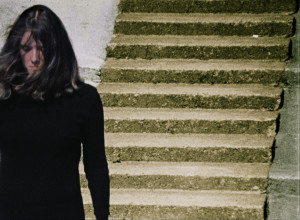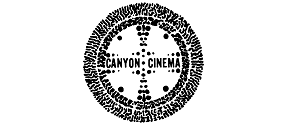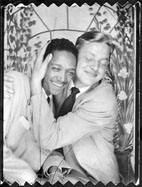New digital files: Karen Holmes’ Returning the Shadow and Saving the Proof
Posted September 25th, 2018 in New Acquisitions, News / Events
Karen Holmes has delivered digital versions of Saving the Proof, an 11-minute deconstruction of the act and process of a woman walking, and Returning the Shadow, which uses old family photographs to meditate on personal and hereditary memory.

Returning the Shadow (1985 | 23 minutes | COLOR | OPT)
Old family photographs invoke memories and invite comparison to the present. Using five family photographs taken in the 1940s, RETURNING THE SHADOW considers how the meaning of these visual documents changes with our life experiences. The film’s circular structure allows the viewer to contribute personal experience in an effort to identify the characters in their relationships and to reflect on one’s own identity within his/her family. RETURNING THE SHADOW explores the tension between recorded and remembered past and present as it creates its own internal memory.
“RETURNING THE SHADOW is an elegant, beautiful, tender film. … Holmes evokes the sensation of Proustian remembering through repetition and variation of carefully paced and composed images of two people looking at an apartment, fragments of old photographs, haunting shadows and gestures.” – Sandra Maliga, Experimental Film Coalition Newsletter
Award: American Film and Video Festival
Exhibition: NY Experimental Film Festival; Athens Int’l Film Festival; Uppsala Film Festival, Sweden; Ann Arbor Film Festival; Cork Int’l Film Festival.

Saving the Proof (1979 | 11 minutes | COLOR | OPT)
“SAVING THE PROOF is a complex transformation of an ordinary action: a woman walking. The rhythm of her gait and the pulsating, repetitive sounds counterpoint with alternating images of her transversing city streets, passing windows and fences, descending stairs. As the images repeat and vary with mathematical precision, one becomes more interested in the process itself than in her destination. What appears to have been simple breaks down into a complex system of dichotomies, both in form and in content: city/country, completeness/fragmentation, presence/absence, illusion/reality, light/shadow, negative/positive, fiction/documentation. The film climaxes in a spectacular burst, as one feels that the film is literally coming apart. It ends as it began, as one long chain that can be interrupted at any point, and yet can only be seen as a whole piece.” – Margaret Ganahl, Camera Obscura
Awards: Humboldt Film Festival; Mason Gross Film Festival.
Exhibition: SF Int’l Film Festival; Berlin Exchange Show, 1981.


